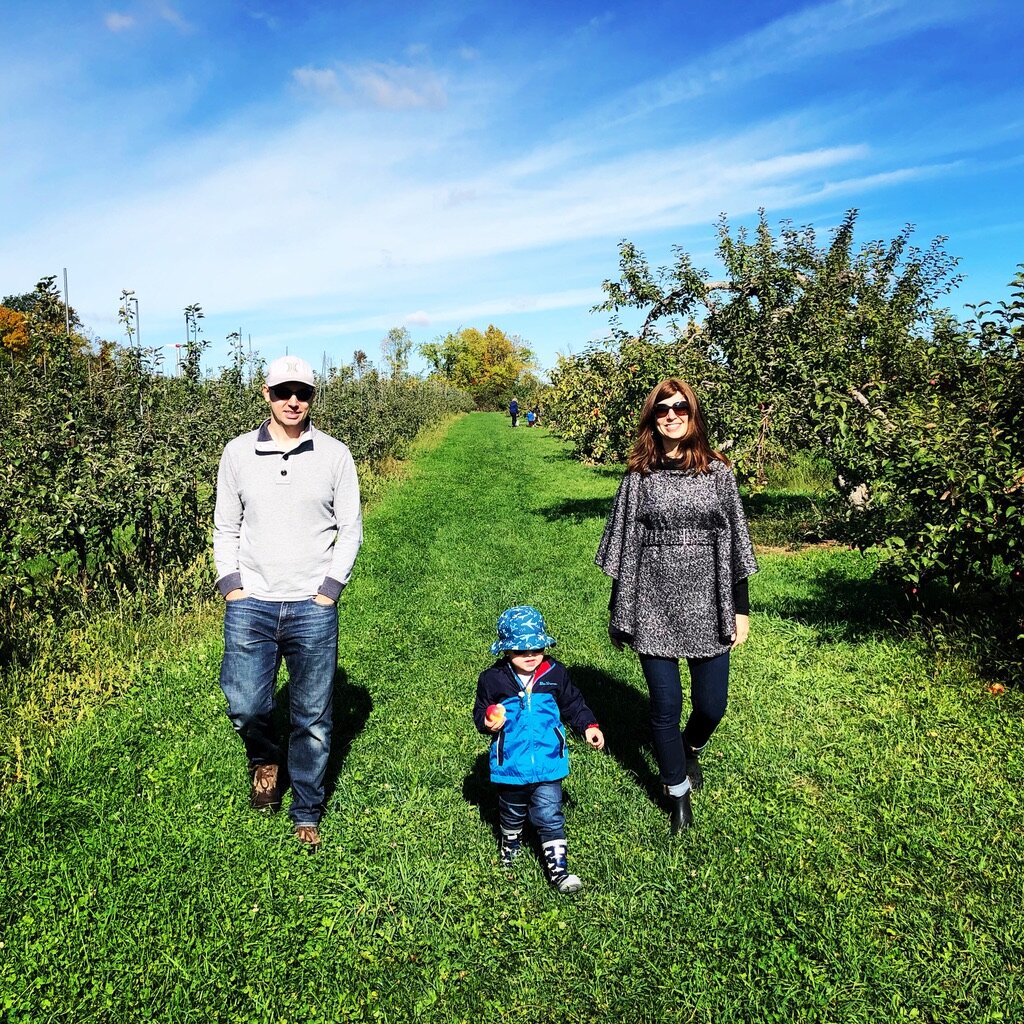3 Ways You Can Manage Your Energy

Do you struggle with having too much to do and too little time to do it?
Have you ever felt guilty for not being “productive” all the time?
If you’re like me, managing your energy is key to getting what you need to get done, done. There is so much pressure as women to be able to “do it all” perfectly and seamlessly!
As I’ve been busy behind the scenes over the past few months getting things ready with the help of some wonderful people including Nigel Walker (yoga entrepreneur, personal discovery facilitator, writer, and speaker based in Toronto, Canada) and Emily Hassett (the spirited website designer who created this very online home!), it became even more crucial to practice what I preach. It was easy to get lost in everything that I had to do, from my normal work day, family commitments, and the franticness of everyday life with a toddler, to working on my website and writing my first blog.
It was easy to add on the commitments and the work, and hard to slow down. I had to remind myself to use strategies to manage my energy.
Here are some of my favourite tools that I use on a regular basis.
-
Remember to slow down
Do you feel like you’re always being pulled in so many directions?
If so, it is important to remember to take time for yourself. To slow down, find moments of peace and quiet so that you can show up when you need to for your family, your friends and your work.
This isn’t always easy, especially with a toddler running around. With all this busyness in our society and our focus on screens, we miss out on a lot. It takes some effort, but it is so worth it!
A few ways to slow down:
-
Put your phone away, or use airplane mode.
-
Consider scheduling tech-free time in your day or week, for example during dinner or for a few hours on the weekend.
-
Eat mindfully: focus on the food you’re eating and those who are eating with you.
-
When you’re outside, focus on your senses: what you’re seeing, hearing and feeling, whether it is the noise of traffic, the sounds of birds chirping, or the wind on your face.
-
When you’re doing routine activities, such as brushing your teeth, or taking a shower, notice the sensations of what you’re doing (instead of focusing on your to-do list)
2. Focus on your breath
How often do you stop and notice your breath?
Most of us are always on the go, rarely noticing how we’re breathing. Did you know that conscious breathing is one of the easiest ways to slow down and bring yourself back to the present moment?
One of my favourite tools is a two-minute breathing break which consists of three things:
-
Stop what you’re doing.
-
Close your eyes. If you’d like, you can also place a hand on your chest and on your belly to feel the movement as you breathe.
-
Take five deep belly breaths – breathe in slowly, feeling your chest and abdomen rise, then breathe out slowly, feeling your abdomen and chest go back down.
This can be done at your desk at work, at home, or if you’re commuting on public transit.
3. Know your fountains and drains
What activities in your day-to-day life fuel you, excite you and give you energy?
What activities do the opposite – drain you, leave you feeling tired and needing a rest?
Our fountains energize us, while our drains tire us out. It is helpful to identify our own individual fountains and drains to look at our energy input and output.
Things that are fountains can also sometimes become drains, and vice versa.
For example, for me, a fountain is my family. I love spending time with my husband Sean and son Jacob and doing family activities together on the weekend, like this recent time we went apple picking!

However, there are times when spending time with my family can also be draining. Like, after a long day at work, where dinner needs to be made and there is a tired, hungry and whining child to simultaneously take care of… Those evenings can feel draining, and by the time we put our adorable little monster to bed, we often need some time to decompress and relax. That might mean sitting down and watching a show, or maybe I’ll run my bath early that night and read a good book.
While we can’t always control all of our fountains and drains (hello annoying family member that you have to see at every holiday) there are some things that you can do:
-
Write down your fountains and your drains so that you can identify them and manage them.
-
Schedule-in fountains regularly in your week
-
Plan ahead if you know you will be dealing with drains – schedule time to recover afterwards
-
Take stock regularly to see if you can make changes to optimize your fountains and drains
-
Minimize or eliminate any drains that you can
I hope you found these tips helpful!
How do you manage your energy? What has worked for you in the past or what would you like to try?
Send me a message and share your thoughts below in the comments section.
Leave a Reply Cancel reply
I’m Valerie Hertzog, a MD and wellness coach that helps busy stressed out women reclaim control of their health.
Stress Relief Planner
@dr.valerie.hertzog
Connect with me on Instagram!
Grab the free
Connect
Info
Copyright 2025 Valerie Hertzog | Design: Jules Design